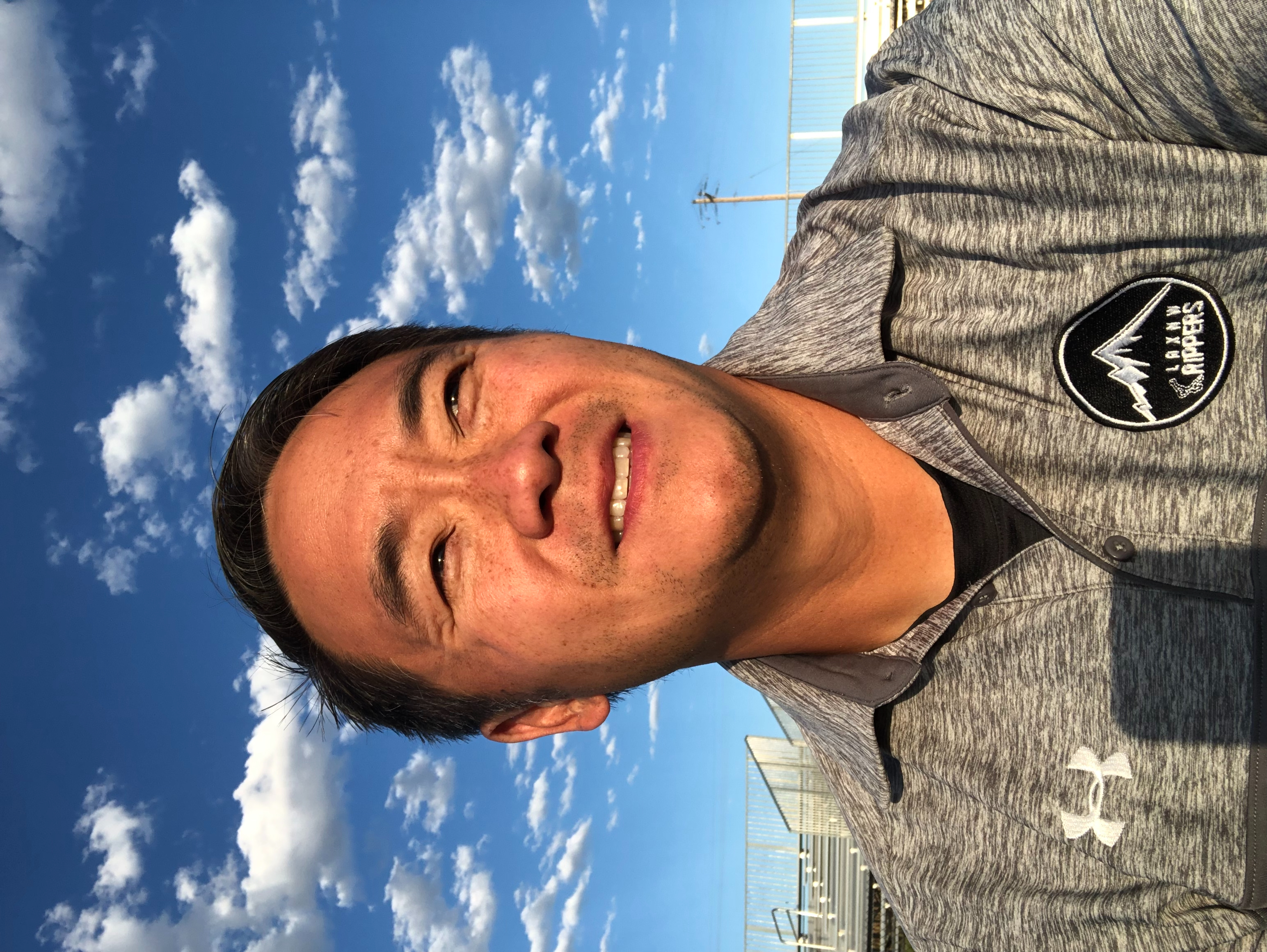Success and Failure Are Your Laboratory Of Learning
- James Yoo

- Nov 18, 2020
- 3 min read
"Never let success get to your head, and never let failure get to your heart." - Z. K. Abdelnour

Most of the time, when athletes fail, the questions they ask themselves include what went well, what went poorly, and what do they need to work on or improve before the next competition. Failure and setbacks create focus on improvement and learning. It's for this reason that when you put yourself in a situation to choke, it means that you are putting yourself in a position to succeed.
On the other hand, when an athlete or team experiences success, it can inflate their ego(s) that can lead to (Francesca & Pisano, 2014):
Fundamental Attribution Error: attributing success to personal talents, strategies, and training, i.e., personal characteristics and behaviors. A disregard for situational explanations, like weather, injury, and equipment failure.
Overconfidence Bias: being overly confident about one’s abilities, judgments, and knowledge. Loss of objectivity.
Failure-to-ask-why Syndrome: not identifying what that team did systematically well within competition and within that season. Instead, success leads athletes to believe that they have all the knowledge and answers to continue their success.
In a nutshell, inflated egos lead to a success-breeds-failure trap, where the focus is on success and not on learning. Instead of reacting to success and failure differently, let’s apply an approach that works for both. An approach that focuses on learning, challenging, and adapting to allow yourself to uncover the secrets of your successes and failures, it's a laboratory of learning.
A laboratory of learning means, being open to change and creating new habits with a continued focus on gaining knowledge, testing theories, and problem-solving, to increase efficiency and understanding. This is how success-breeds-success.
Creating your laboratory of learning:
1. Focus on improvement and learning . Examine it by stating the positives,the challenges, and how to improve after every training, and practice.
a. What was your goal for today?
b. What actually happened?
c. Why did it happen?
d. What will you do next time?
It’s easy to understand why you need to answer these questions when you don't perform well. On the other hand, why bother when you are successful? It allows you to focus on replicating success and to identify the things you are currently doing well. You also gain insight on how to keep improving.
3. Create long-term goals and short-term goals that you can evaluate daily, weekly, monthly, yearly, and annually. Goal setting creates a timeframe to evaluate your performance and lets you see your timeline of success.
4. Identify best practices. Capture and repeat things that lead to success. Identify the successes that are within your control versus things that are situation specific (e.g., other teams star players were injured that game), or happen by chance or luck.
Understand what attributed to your successes. This includes:
a. Technical, tactical, physical, and mental successes within each competition.
b. Failures and mistakes made by your opponent.
c. Luck.
d. Random events like freak weather, injuries, false starts, or equipment failure.
e. A random combination of some or all things mentioned above.
Best practices not only allow you to replicate success, it also allows you to identify things that need improving.
5. Be innovative, creative, and test the boundaries. Keep searching for ways to improve. Use moments like practices and regular season games to test new ideas.
You can only learn by doing. You can think of the perfect ways to do things in your head and in controlled environments like practice, but you can’t for-see things that randomly happen or how you act and react in competitive moments. For example, I recently watched a youtube video of Carmelo Anthony shooting baskets in practice. He literally made every shot he took. He is a professional basketball player, a master of his craft. Yet, in games, that high shooting percentage drops/changes in competitive moments.
What leads to those misses or near misses? It’s the interaction with the environment, in this case, competition. Until you gain the knowledge and experience from those moments, it’s hard to prepare, to learn, and to adjust. Test your theories, especially when they seem to be working well. A critical eye on success can help you to avoid failure.
In the end, when you focus on improvement, efficiency, and factors that play into success and failure, you are better prepared to avoid failure, and increase your chances for success. And remember, see your growth by journaling your improvement daily, weekly, monthly, annually, and yearly.
Reference
Boswell, T. M. (2020, November 16). Perspective | Dustin Johnson's Masters win shows that, to succeed in golf, you first have to learn how to fail. Retrieved November 17, 2020, from https://www.washingtonpost.com/sports/dustin-johnsons-masters-win-shows-that-to-succeed-in-golf-you-first-have-to-learn-how-to-fail/2020/11/15/bd6e00a0-2779-11eb-92b7-6ef17b3fe3b4_story.html
Francesca, G. & Pisano, G. P. (2014, August 01). Why Leaders Don't Learn from Success. Retrieved November 17, 2020, from https://hbr.org/2011/04/why-leaders-dont-learn-from-success
Greif, D., PhD. (2011, May 26). The Thrill of Victory and the Lessons of Defeat. Retrieved November 17, 2020, from https://www.psychologytoday.com/us/blog/psychoanalysis-30/201105/the-thrill-victory-and-the-lessons-defeat

Comments